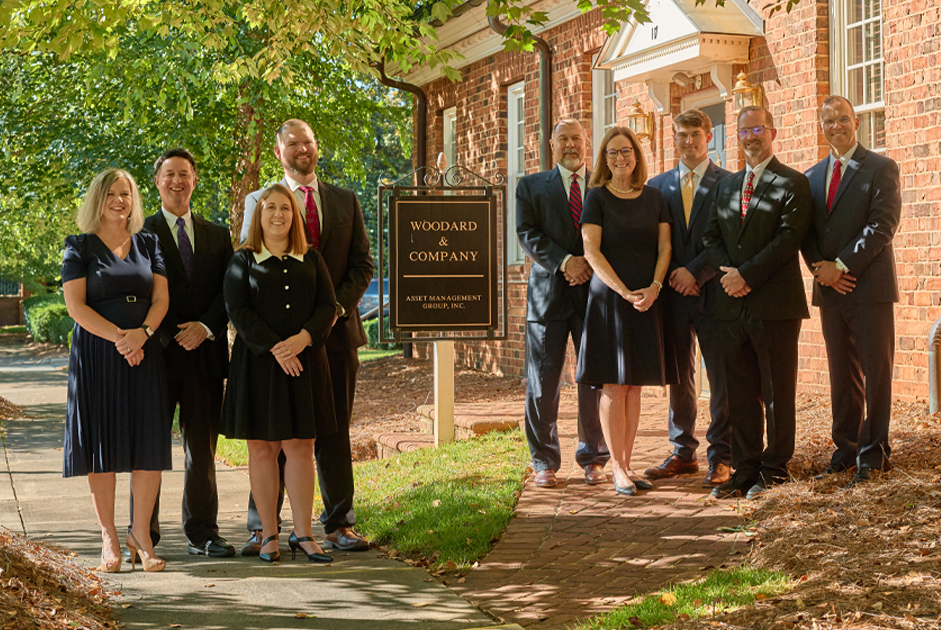Fun fact about me — I love to watch true-crime documentaries. I’ve done my fair share of reading true- crime books, too, but those can sometimes scare me more than the documentaries. And when a book scares me, it goes in the freezer, which leads to all kinds of awkward explanations to my family when they think I’m weird. So true crime documentaries are my preference. I can always watch something goofy if the details of the documentary get too intense (versus a book that stares at me from across the room—hence, the freezer).
Recently, my husband and I were watching an episode of Cold Case Files. At the end—the man on trial (who was a serial killer) faced his victims’ families. One by one, they told him in no uncertain terms what they thought of him and where he could go. “You’re evil.” “Hell is too good for you.” “I hope you rot.” And he sat there, stony-faced. No emotion. Until one man got up and began to talk about his daughter. And he looked up from his notes and into the eyes of his daughter’s killer and said, “I forgive you.”
That was the serial killer’s breaking point. During accusations, he was unresponsive. But when he was confronted with forgiveness and grace, he broke down, weeping.
In our anger—we think holding on to hatred gives us power. But here’s the truth—forgiveness, grace, mercy, and love are far more powerful than any kind of hate, no matter how justified we may be in our hatred. Hatred weakens us; it eats away at everything good in us and poisons so many areas of our lives. As I watched that documentary, I realized—there was NO ONE in that courtroom who was more powerful than that forgiving father.
That kind of forgiveness isn’t possible without Jesus Christ. This grieving father gave a beautiful example of what we’re called to do—forgive as Jesus did on the cross.
“Father, forgive them, for they know not what they do” (Luke 23:34). If you grew up reading the Bible or hearing the story of the crucifixion, you may be so familiar with this prayer from Jesus that you fail to meditate on the words. The Creator was being crucified by His creation—executed for sins He never committed—and yet, He who would have been justified to damn us all to hell—extended forgiveness.
Sit on that for a moment. Think about it.
We get mad at someone for cutting us off in traffic. Or outraged by those who are brazen enough to go through the “10 Items or less” line with 11 items. We get offended by the slightest things and de-friend people who disagree with us. And yet—the Savior of the world, beaten to the point that He no longer looked human (Isaiah 52:14)—spoke forgiveness.
Jesus modeled His words in Matthew 5:44 and put them in action: “But I say to you, love your enemies, bless those who curse you, do good to those who hate you, and pray for those who spitefully use you and persecute you.”
Forgiveness isn’t optional. For those who say, “I can’t,” we have to remember that Jesus also said, “And whenever you stand praying, if you have anything against anyone, forgive him, that your Father in heaven may also forgive you your trespasses” (Mark 11:25).
We give forgiveness because we need forgiveness.
But we also must realize that forgiveness isn’t for the one who needs forgiving or excusing their sins against us. It’s for us. For us to reclaim our own freedom, so that we can release that hateful burden that is too heavy to carry.
Here’s the good news — God doesn’t expect us to forgive others in our strength. We have His to rely on!
Philippians 4:13 says, “I can do all things through Christ who strengthens me.” Let’s do a fill-in-the-blank exercise with that. “I can do all things, [even forgive _______________], through Christ who strengthens me.” And then start working on forgiveness, remembering Christ has promised to help You.
It’s not easy. And sometimes, depending on the degree of hurt, it’s a moment-by moment thing. But forgiveness was modeled by Jesus, and sometimes, even by a brokenhearted father who misses his daughter. And perhaps you, too, can forgive and be an example of Christ’s forgiveness for someone else.



















